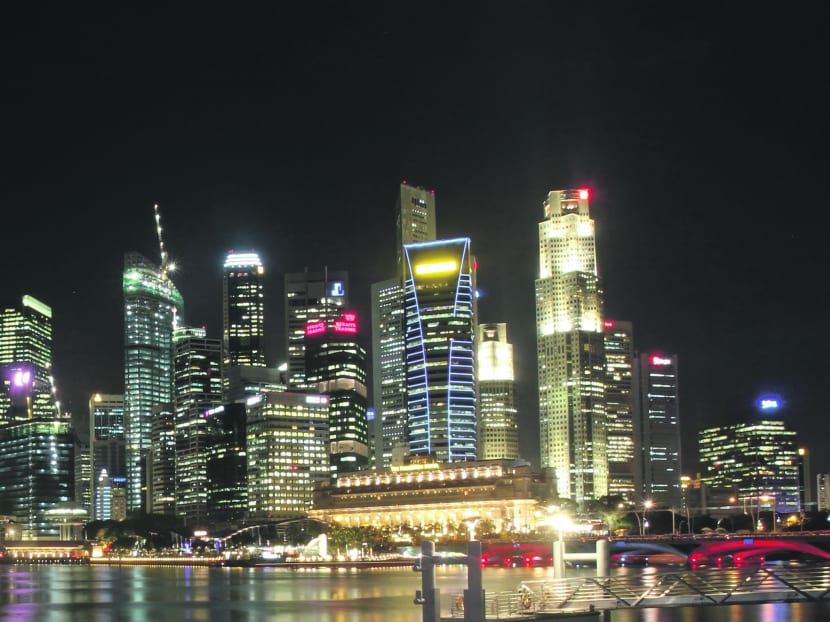Singapore remains the world’s most expensive city for expats: EIU ranking
SINGAPORE — The Republic has been ranked the world’s most expensive city for the second year in a row, bolstered by pricey shopping and transport, according to the Economist Intelligence Unit (EIU).
SINGAPORE — The Republic has been ranked the world’s most expensive city for the second year in a row, bolstered by pricey shopping and transport, according to the Economist Intelligence Unit (EIU).
The ranking, which is meant as a guide for human resource managers to calculate compensation packages for expatriates and business travellers, was released today (March 3). Singapore was followed by Paris, Oslo, Zurich and Sydney. These rankings are unchanged from last year.
The Worldwide Cost of Living (WCOL) 2015 survey looked at the cost of living in 133 cities and used New York as a base, comparing 160 services and products ranging from food to transport in 2014.
Singapore, together with Seoul, are the priciest places to shop for clothing. “The malls of Orchard Road (offer) a price premium that is over 50 per cent higher than in New York,” the EIU noted in its report.
Singapore’s Certificate of Entitlement system to control vehicle growth has led to “excessive” car prices, leading to transport costs here being three times higher than New York.
When Singapore topped the ranking last year, Deputy Prime Minister and Finance Minister Tharman Shanmugaratnam pointed out in Parliament that the study is meant to measure cost of living for expatriates around the world, and do not reflect daily living costs for local residents. He had also noted that the Singapore dollar has strengthened over the years, making it more expensive for expatriates who are paid in foreign currency. Items used as a measurement in the study, such as imported cheese, may also not be purchased by Singapore residents, he added.
Commenting on the latest ranking, EIU senior economist Toby Iles said the survey is not primarily focused on the cost of living for locals, although there will be some overlap. “Many Singaporeans and expats will have some similarities in their consumption patterns,” he added.
The EIU noted it is “extremely rare” for the same five cities to achieve rankings identical to last year’s report given currency fluctuations. It also noted that in mid-2014, Singapore was in fourth place, but a stronger US dollar and weaker Euro subsequently pushed European cities further down the chart. And the subsequent unpegging of the Swiss franc from the euro would have pushed Swiss cities Zurich and Geneva to the top of the ranking.
The EIU also pointed out despite its top ranking, prices here for some categories like basic groceries are still comparable to the Republic’s Asian counterparts. For example, groceries here cost 11 per cent more than in New York, but this pales in comparison to Seoul, where groceries cost 49 per cent more than New York. In Tokyo and Hongkong, this figure would be 43 per cent and 31 per cent respectively.
The EIU also added that the cost-of-living rankings will see further changes, due to factors such as currency instability alongside falling oil prices, which has a deflationary impact on pricing.
In terms of cities with the lowest cost of living, the EIU found that they tend to cluster within the Asia continent, including Indian cities like Mumbai and Chennai, as well as Nepalese capital Kathmandu.
The EIU cautioned that there is a “considerable element of risk” in some of the world’s cheapest cities but they might be impacted by significant political or economic disruptions.










